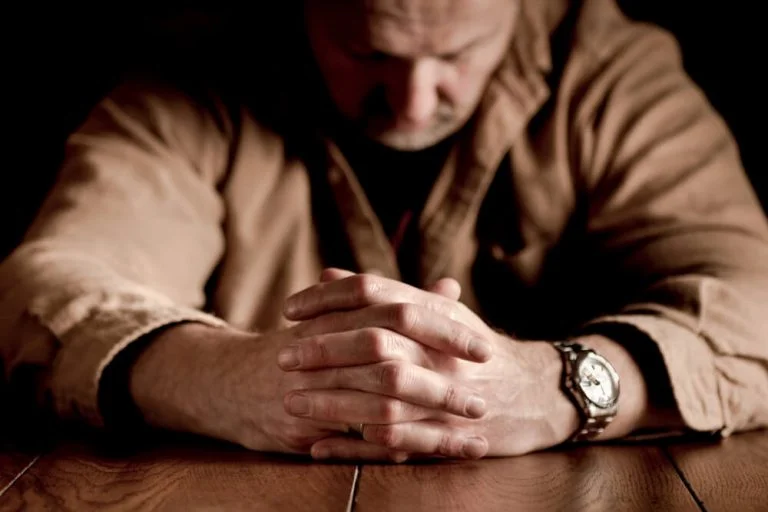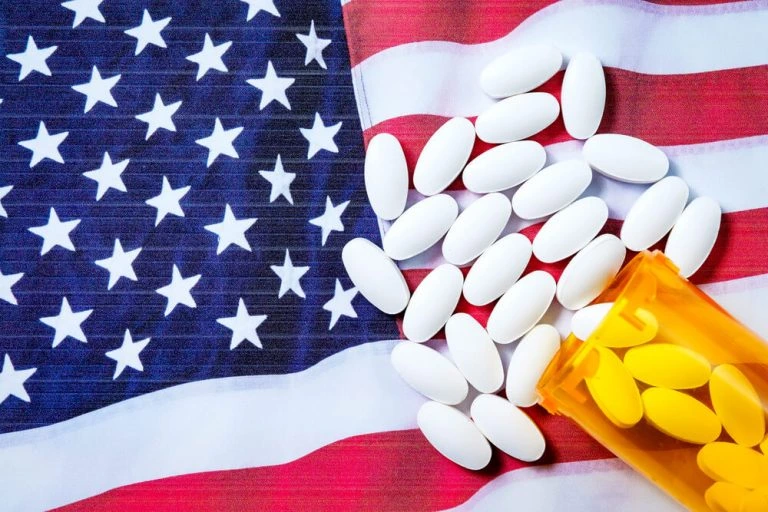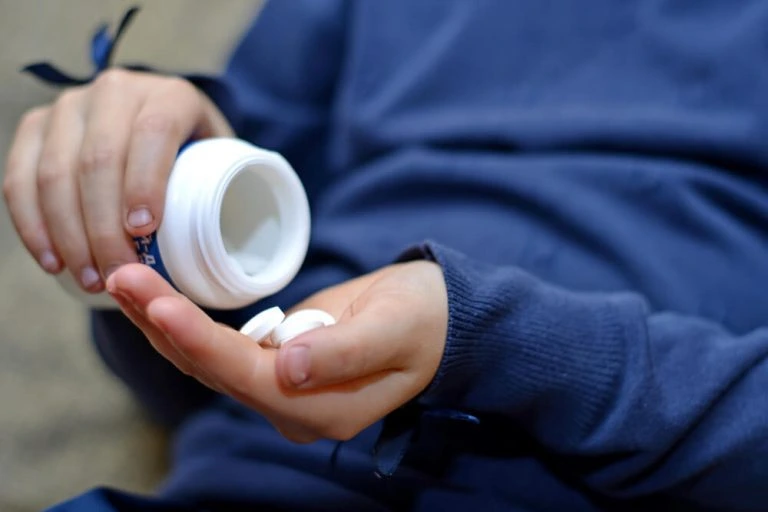New Study Reveals Baby Boomers at High Risk for Opioid Overdose Death
With the opioid crisis in full swing in the U.S., opioid overdose death continues to be a leading cause of mortality, exceeding the number of people killed in automobile accidents every year, according to opioid overdose statistics. Opioid overdose deaths have more than quadrupled since 1999, according to the Centers for Disease Control, and the White House points out that overdose deaths involving synthetic opioid medications other than methadone increased 73 percent between 2014 and 2015. Synthetic opioids include fentanyl, a highly potent, powerful medication used to treat severe pain.

Opioid overdose death is a serious problem in the U.S., with tens of thousands of people losing their lives to opioid overdose every year.
Who is At Risk for Opioid Overdose Death?
Anyone who abuses opioids, whether prescription painkillers or heroin, is at a high risk of dying from an overdose. This risk is largely due to the fact that you never know what the purity of heroin is, and many people who abuse prescription opioids often don’t know exactly what they’re taking or what the dosage is.
While overdose can affect anyone who uses opioids, it’s the Baby Boomers who may be at the highest risk of opioid overdose death, according to new research. Born between 1947 and 1964, Baby Boomers of both sexes are dying from opioid overdose at a higher rate than other age groups. This is due to a number of factors:
More prescriptions. Opioids are prescribed for pain, and older Americans tend to have more surgeries, more cancer, more injuries, and more general pain than other age groups.
Tolerance. Long-term opioid use for pain management leads to tolerance, which means that you need increasingly larger doses in order to get the same level of pain relief. But changing doses, or switching to another, stronger opioid medication is a dangerous crossroad with a high risk of accidental overdose.
Mixing medications. Older adults may be on a number of medications to treat a variety of health problems. For those prescribed benzodiazepines for anxiety, for example, the risk of death is increased when opioids are added the mix. That’s because both of these medications depress respiratory function and can lead you to stop breathing altogether. According to opioid overdose statistics, people in their mid-40s to their mid-60s are more likely than any other age group to be prescribed both of these medications at the same time.
Living alone. Since many older adults live alone due to divorce or an empty nest, it’s less likely they’ll be found in time to reverse an opioid overdose before it leads to death. This is particularly true for people over the age of 55, according to research.
Chronic health problems. Many older adults have chronic health problems like COPD and other illnesses that increase the risk of respiratory depression. Taking opioids can magnify the effect, leading to opiate overdose death.
Reducing the Risk of Opiate Overdose Death
Older Americans who are prescribed opioids should take extra care to take them exactly as directed and increase the dosage only under the supervision of a physician. Because an older individual may have several different doctors prescribing various medications, having a complete list of medications being taken that they can give to a new prescriber can help reduce the risk of dangerous medication combinations that can lead to opioid overdose death very quickly.
Naloxone is a medication that can reverse an opioid overdose and prevent death. It’s available without a prescription in many states. Anyone who uses or abuses opioid prescription medications or heroin–and anyone who loves someone who does–should have naloxone on hand in the event an overdose occurs.
Getting professional help for opioid abuse and addiction is the best way to prevent an opioid overdose death and improve your quality of life. Treatment helps you end your addiction to prescription painkillers or heroin for the long-term. It helps you restore damaged relationships, find purpose and meaning in life without opioids, and improve your health and wellbeing. Treatment works, and it can work for you.
If you or a loved one is struggling with addiction, get help right away. Make a phone call that will connect you to a professional drug treatment center. The call you make may save your life or the life of someone you love. Call us today at (800) 429-7690.






